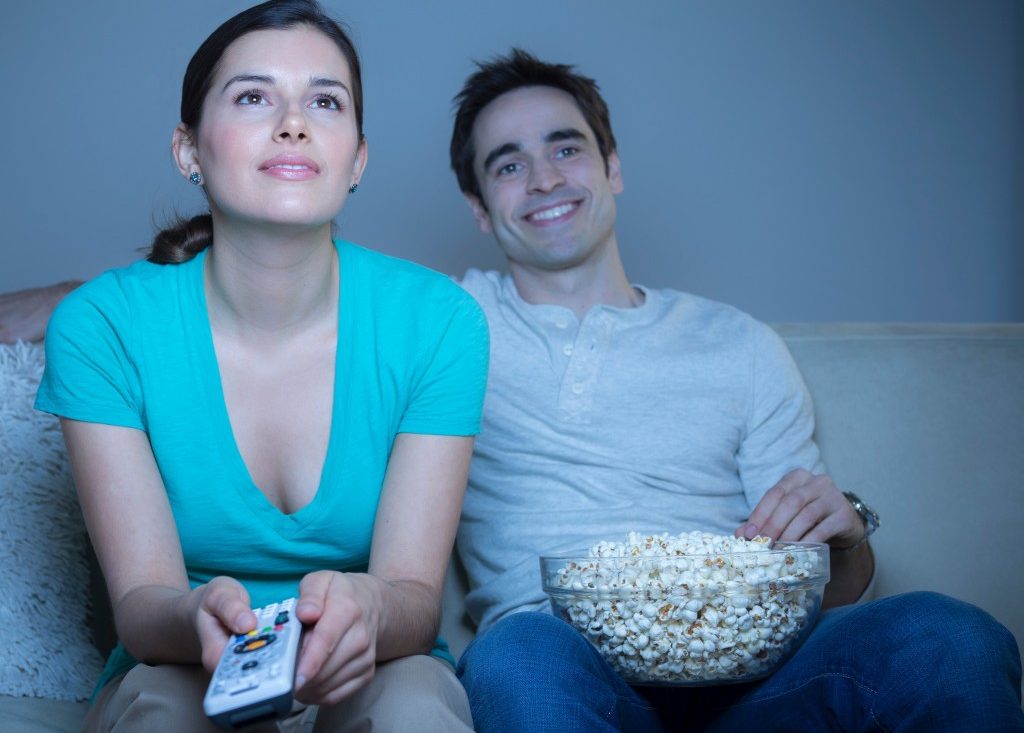How to Break Night-time Eating

Do you often gobble snacks late at night, yet remain dissatisfied? You may end up eating more calories than you need.
We eat at night even if we’re not hungry. Some research helps explain why.
In a brain scan (fMRI) study, researchers showed women snapshots of low-calorie foods — vegetables, fish, fruits — and tempting forbidden foods — candy and ice cream.
The second group caused a bigger spike in brain activity associated with rewards. But one finding did create a stir: Those spikes were smaller during the evening.
“We thought the responses would be greater at night because we tend to over-consume later in the day,” professor of exercise sciences and study co-author Lance Davidson, PhD, said in a statement. “But just to know that the brain responds differently at different times of day could have implications for eating.”
The study also found that participants were more food-obsessed at night even if they weren’t especially hungry, perhaps because they kept seeking out the reward spike.
YOU MIGHT ALSO LIKE: Why Eating Late at Night Might Not Be Smart
It’s not clear that your metabolism slows down at night, or that everything you eat after a certain hour “turns to fat,” as you’ll sometimes hear. But eating earlier may improve important health measures, including blood sugar and weight.
In a study with 12 adults, half male and half female, all either normal weight or slightly overweight, researchers compared the effects of eating in an ordinary routine — between 8 a.m. and 9 p.m. — or between noon and 1 a.m. The participants stayed on each of those schedules for two months, eating three meals and two snacks.
They lost a little weight on the first schedule and improved their insulin resistance and blood sugar as well as a cholesterol number. Their middles got a bit smaller. While on the second schedule, the reverse was true: Everything went south, and they gained some weight.
In this study, calories were controlled. In another study, researchers found that night eaters ate about 300 more calories each day. In a follow-up three years later, the night eaters had gained 14 pounds, on average. People who did not eat late at night had gained only 4 pounds.
In an analysis of data from 23,000 American adults over a decade, however, researchers did not find that night eaters were more likely to be obese.
What does this conflicting research mean for you? You probably know whether you, in particular, end up eating too much or gaining weight when you eat at night. If you do, consider these tips to curb night-time eating:
- Don’t watch action flicks at night, at least not with food nearby. In a study, people ate twice as much food watching an action movie than another group taking in an interview program.
- Especially if you also have zero appetite in the morning, you may have a condition called “night-eating syndrome,” which is more common among the obese and people with anxiety and depression. In a well-known study, night-eaters consumed 56 percent of their daily calories at night and woke up almost four times. The typical pattern: a trip to the bathroom followed by a visit to the fridge. Seek help. The problem has been treated with the antidepressant Zoloft and exposure to sunlight. Cognitive behavioral therapy can also work, according to some research.
- Keep binge foods out of the house. Avoiding temptation is a key self-control strategy.
- Make sure you get enough sleep. Fatigue and sleep-deprivation is associated with obesity all over the world.
- Increase the fiber and protein in your dinner, so you’ll feel full.
- Always eat sitting down at the table in the kitchen or dining room — not on the sofa or in bed while doing something else.
- Don’t starve yourself, at day or at night. If you’re truly hungry at night, eat a healthy snack (an apple, perhaps) rather than binging on the forbidden foods. Stop eating when you’re lightly satisfied, not stuffed.
- If you’re waking up from anxiety, filled with repetitive thoughts, try writing down your feelings. Just be sure to avoid beating up on yourself; instead show yourself the same kind of compassion you’d give a beloved friend.
- If you’ve had a frustrating day or evening, and crave a treat, go ahead and reward yourself — but not with food. Plan ahead by making a list of non-food indulgences. Take a hot bath, put on favorite music, call a friend, plan a vacation, or invite your spouse to trade massages or another pleasure.
Updated:
August 30, 2022
Reviewed By:
Christopher Nystuen, MD, MBA and Janet O'Dell, RN